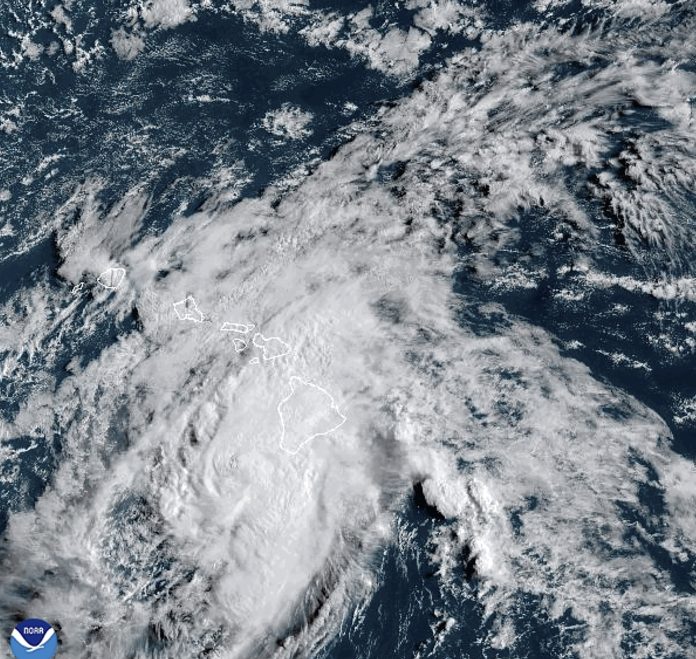A heatwave is gripping the U.S. Midwest, with some of the hottest days of the summer impacting the region. About 55 million people are under heat alerts as a late-season high-pressure system brings prolonged “extreme heat” to cities like Chicago, Des Moines, and Topeka. According to the National Weather Service, the heat is expected to persist with minimal overnight relief.

To combat the dangerous conditions, several public cooling centers have been established. An air quality alert is also in effect for Iowa, Illinois, Kentucky, Missouri, Ohio, and Tennessee, where heat indices are forecasted to soar between 105°F (40.5°C) and 115°F (46.1°C). Residents, particularly those with chronic respiratory conditions, are advised to limit extended outdoor activities.
In the midst of this heat, schools in the region are reopening this week. Chicago public schools, starting Monday, will continue classes as scheduled, with outdoor activities either canceled or moved indoors. School officials have ensured that all classrooms are air-conditioned and are prepared to address any cooling issues, with plans to keep shades drawn and doors closed in rooms with window air-conditioners to maintain cooler temperatures.
The World Health Organization notes that climate change, driven by fossil fuel consumption, deforestation, and methane emissions, is leading to more frequent and intense heatwaves.
In other weather news, Hurricane Hone, which struck Hawaii’s Big Island as a Category 1 hurricane, has been downgraded to a tropical storm. The Central Pacific Hurricane Center reported that Hone passed about 45 miles south-southwest of South Point, Hawaii, with peak winds of around 85 mph.
While the Tropical Storm Warning for the Big Island has been lifted, Flood Watches and High Surf Advisories remain in effect as the storm moves away from the islands.
Hurricane Hone brought torrential rains to Hawaii, causing severe flooding across the Big Island. Some areas experienced over 2 feet of rain, leading to concerns about mudslides and landslides due to the saturated ground.

Unusual weather also in California: The Sierra Nevada mountains in California saw a rare bout of snowfall over the weekend, with up to 3 inches accumulating in some areas. Despite the cold, temperatures in the Sierra Nevada’s west slope will range from 58 to 73 degrees at higher elevations and 71 to 81 degrees at lower elevations.


